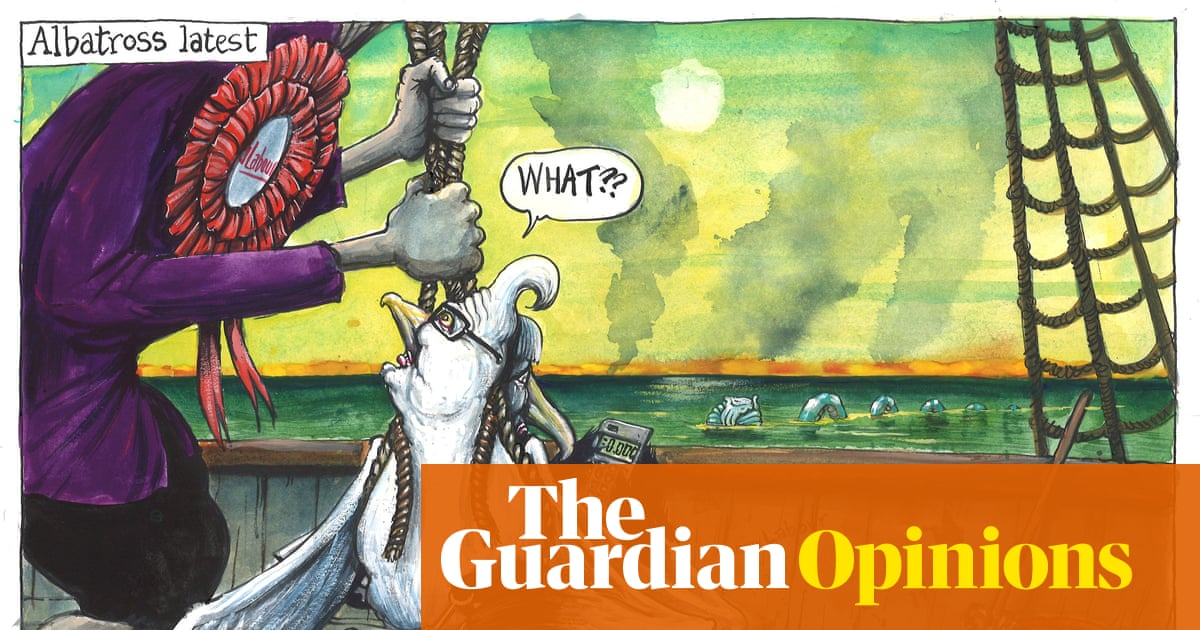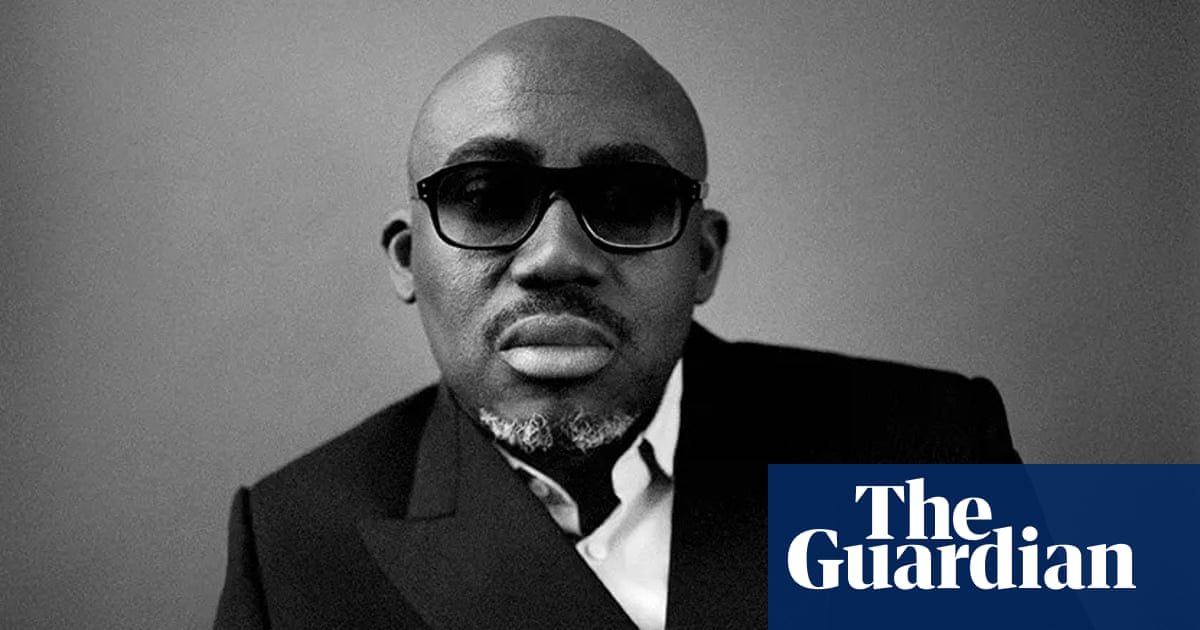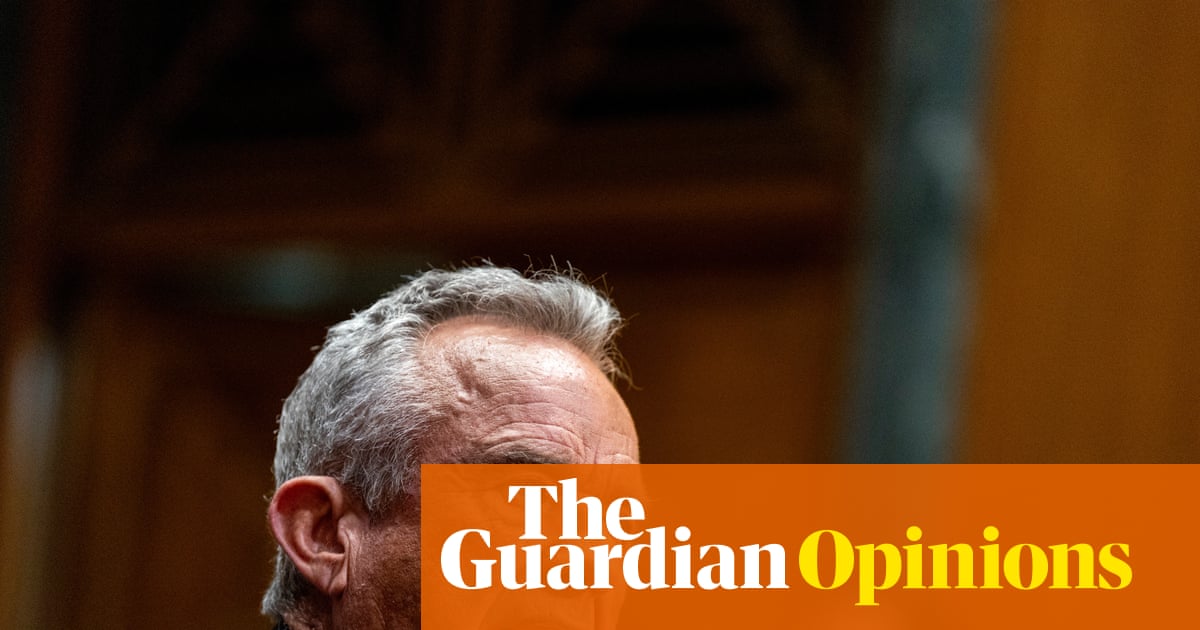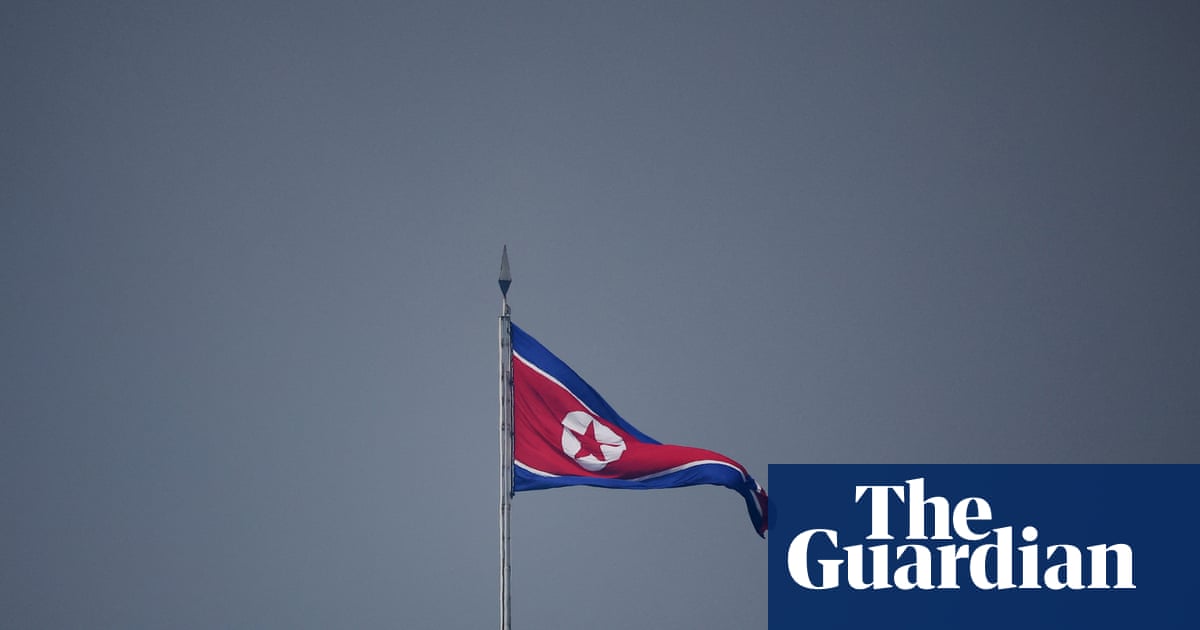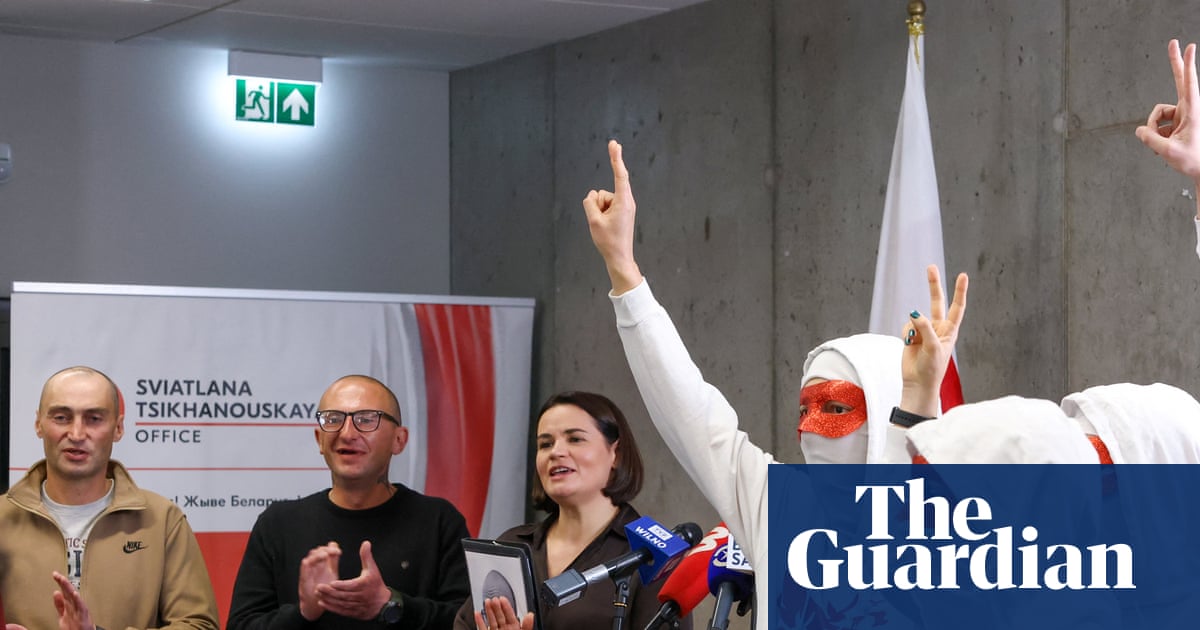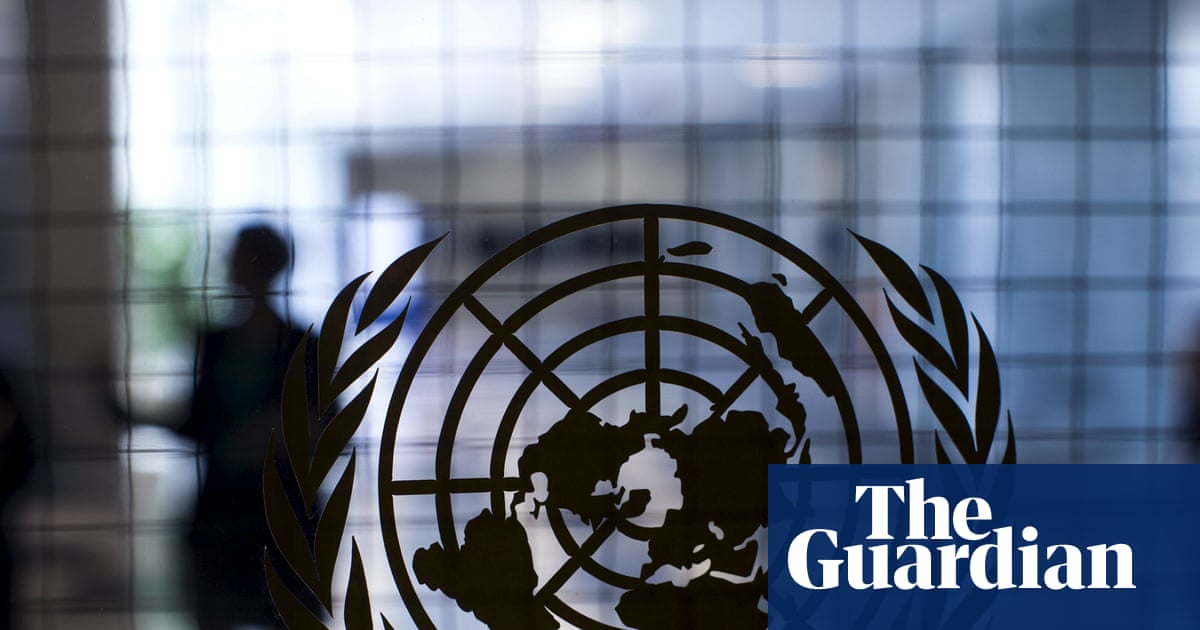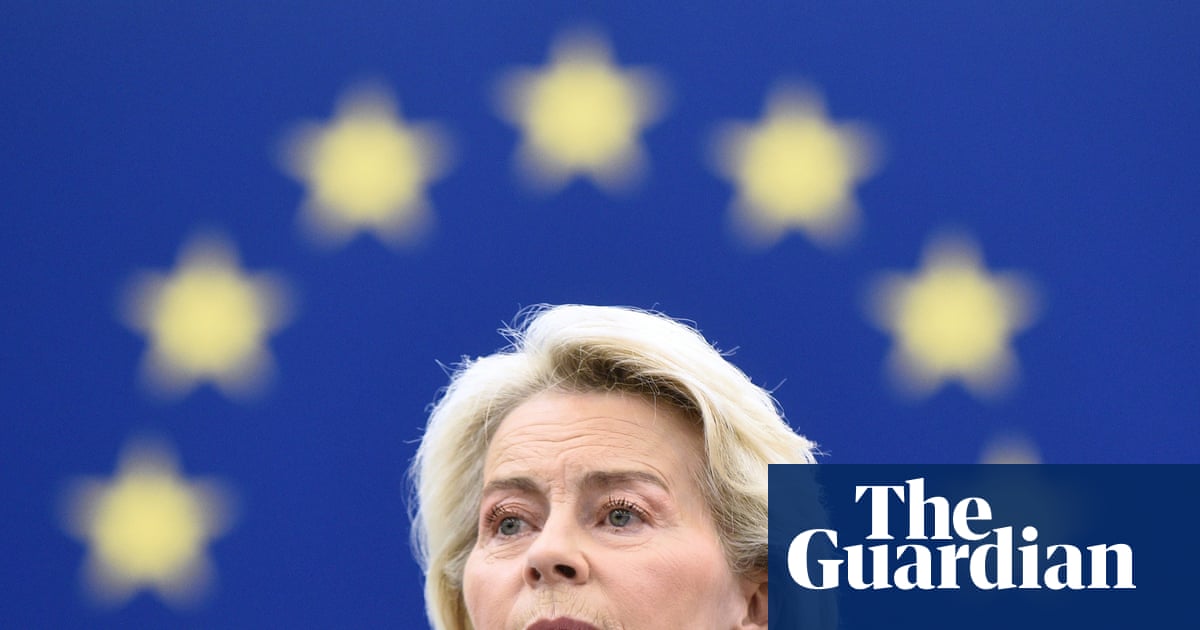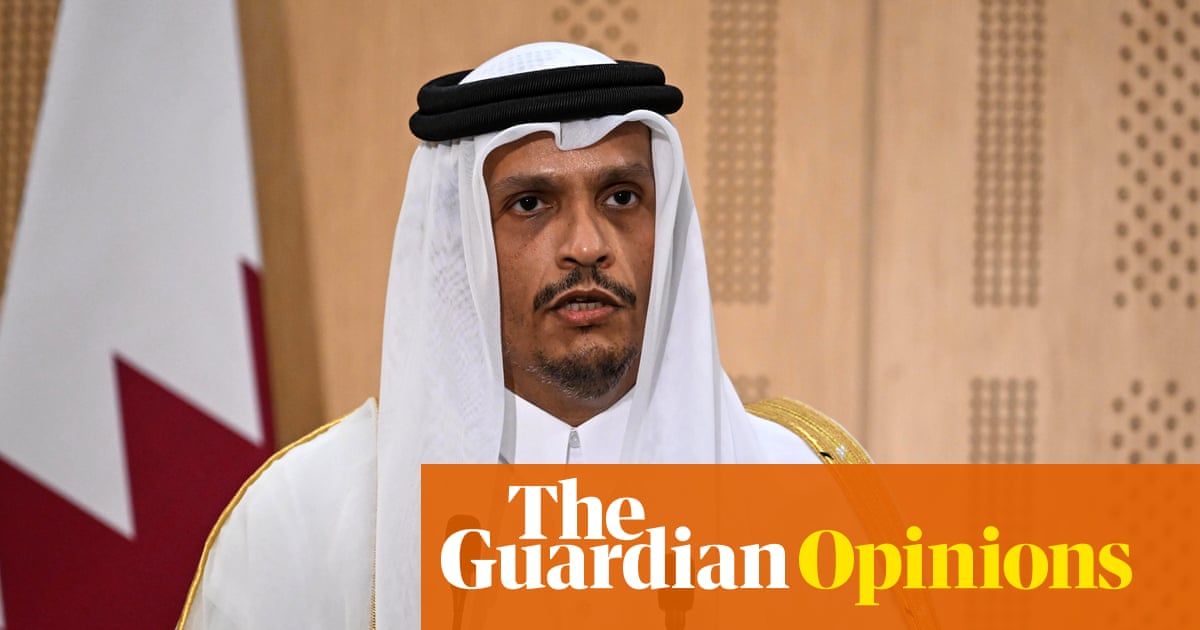The European Commission has said more than 4 million Ukrainians living in the EU should have their right to stay extended until March 2027, while calling for efforts to promote voluntary returns to their home country.
Temporary protection status for Ukrainians who fled after Russia’s full-scale invasion of February 2022 would be extended by one year until March 2027, under a European Commission proposal published on Wednesday. EU member states must approve the extension, which applies to 4.3 million Ukrainians, one-third of whom are children.
While calling for the extension, the commission urged EU governments to think beyond the temporary fix by making it easier for Ukrainians to obtain other types of residence permits, such as work and student visas. It said governments should set up programmes to promote voluntary returns to Ukraine, including by supporting exploratory visits.
Magnus Brunner, the EU’s internal affairs commissioner, emphasised that all returns would be voluntary and that ending temporary protection status would be a decision taken with EU member states and Ukraine “once we have a stable situation”.
The proposals came as Ukraine’s government outlined plans for “unity hubs” – community centres which will offer its citizens information about returning home and integrating into their host societies. The first unity hub is due to open this summer in Berlin, with others planned in Prague and Alicante.
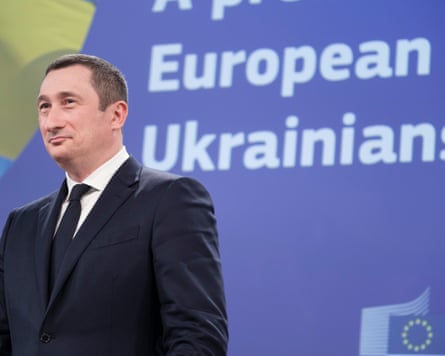
Ukraine’s deputy prime minister Oleksiy Chernyshov told reporters: “We desperately need Ukrainians back home once the war is over. We need to develop the Ukrainian economy, we need to transform Ukraine into a prosperous economy and develop democracy.”
Chernyshov said that if Ukraine were to attain the “quite achievable” goal of doubling the size of its economy in the decade after the war it could need an additional 4 million people in the labour market. “Only the strong economy can pave the way to the future success of Ukraine and successful integration into the European Union,” he added.
The proposals follow inconclusive talks in Istanbul, where Russia and Ukraine agreed only on a prisoner exchange, while Moscow refused to compromise on its maximalist war aims, which include the recognition of four Ukrainian regions it claims, but does not fully occupy.
Chernyshov said that “the results we are getting with these talks are not the ones that could have been achieved”. He said a voluntary returns programme being developed with the UN agencies the IOM and UNHCR, would answer questions facing every Ukrainian family in Europe: “How they will return back home? What are going to be the possibilities and proposals for their job? Where are they going to live, where are their kids going to go to school? What is the healthcare system proposal – and so on.”
The commission is releasing €4bn to support Ukrainians in the EU, on top of €15bn allocated to member states since 2022.
after newsletter promotion
The EU activated its temporary protection directive for Ukrainians in March 2022, in an unprecedented gesture of support. That temporary status has been extended several times, but several EU governments have begun exploring other options.
In the Czech Republic, Ukrainians earning at least 440,000 Czech crowns (£14,900), with two years’ residence, can now apply for a long-term residence permit. In Poland, Ukrainians who have had temporary protection for at least one year can apply for a three-year residence permit, although they would lose certain benefits such as free healthcare and a waiver on university tuition fees.
Norway, which is outside the EU but operates a similar temporary protection scheme, announced last year it was tightening up rules so Ukrainians from areas considered safe would be treated like any other asylum seeker and not automatically granted the right to stay.
Support for Ukrainians in the EU remains high, but has ebbed since the early days of the invasion. By February 2024, 71% of people surveyed by Eurobarometer supported Ukrainian refugees, compared with 88% immediately after of the invasion.

 3 months ago
41
3 months ago
41
